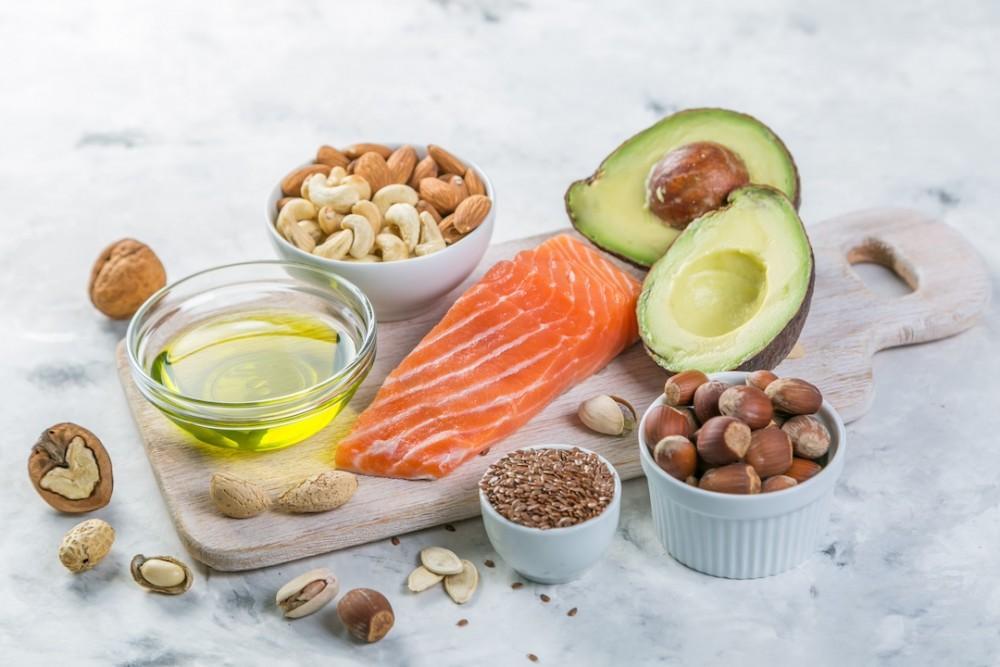Building and maintaining strong bones is an important part of leading a healthy life. While physical activity plays a major role, what you eat also has a significant impact on your bone strength. From childhood through adulthood, your bones need consistent nourishment to stay healthy and functional. Nutrients like calcium and vitamin D play a vital part in supporting bone health and preventing conditions such as osteoporosis and rickets. Fortunately, adding certain foods to your daily diet can help improve bone strength and support overall well-being. Let’s explore four beneficial foods that can help support your bone health.
1. Add More Nuts to Your Diet
Nuts are a great snack and an excellent source of bone-supportive nutrients. Walnuts, for example, are rich in alpha-linolenic acid, a type of omega-3 fatty acid that has been linked to slowing down bone loss. Similarly, Brazil nuts are high in magnesium, a mineral that helps maintain bone density. Magnesium is important for converting vitamin D into its active form, which in turn helps your body absorb calcium. You can also include ground flaxseeds, flaxseed oil, walnut oil, and soybeans in your meals. These foods are good sources of healthy fats and plant-based nutrients that may benefit your bones over time.
2. Don’t Skip Leafy Greens
Leafy green vegetables like spinach, kale, and collard greens are packed with calcium, magnesium, and vitamin K—all of which contribute to bone formation and strength. Vitamin K, in particular, plays an important role in the production of proteins required for bone structure. Studies show that low levels of vitamin K are linked to an increased risk of fractures, especially in older adults. Adding a variety of leafy greens to your salads, smoothies, or stir-fries is a simple way to support your bone health naturally.
3. Enjoy a Daily Serving of Yoghurt
Sunlight is one of the most natural ways to get vitamin D, which helps your body absorb calcium efficiently. However, yoghurt is another excellent option for increasing your vitamin D intake. Many types of yoghurt are fortified with both calcium and vitamin D, making them a smart choice for a bone-friendly diet. Having a bowl of yoghurt as a snack, with breakfast, or as a base for smoothies can be both tasty and beneficial for your bones.
4. Include Salmon in Your Meals
Salmon is a nutrient-dense food that is high in vitamin D and omega-3 fatty acids. These nutrients are important for keeping your bones healthy and reducing inflammation in the body. Vitamin D supports calcium absorption, while omega-3 fatty acids have been shown to help preserve bone density. Grilled, baked, or added to salads, salmon is a versatile option that supports both heart and bone health.
Final Thoughts
Eating the right foods can make a real difference in your bone health over time. By including nuts, leafy greens, yoghurt, and salmon in your daily meals, you’re giving your body the nutrients it needs to support strong and healthy bones.
Always consult with your doctor or a healthcare professional before making any major changes to your diet, lifestyle, or medical routine. They can offer personalized advice based on your current health condition and medical history.
Note – If you have any health-related concerns, please call us at +91-9058577992 to receive free consultation from our experienced doctors. Thank you.
